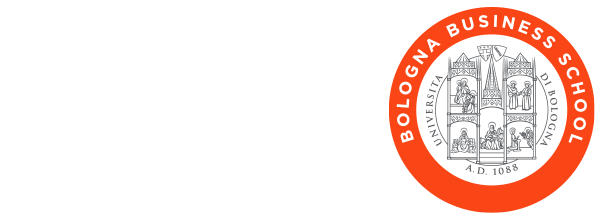SUSTAINABILITY MEASUREMENT AND MANAGEMENT LABORATORY (SuMM LAB)
REPORT 6: CERTIFICATIONS
Among the 69 KPIs composing the observatory, the following ten meaningful metrics represent the adoption of practices of sustainability related certifications in the Italian industrial context:
System certifications
- ISO 14001 certification for environmental management systems;
- Eco-Management and Audit Scheme (EMAS) for evaluation, reporting, and improvement of environmental performance;
- ISO 50001 certification for the design, implementation, and maintenance of an energy management systems;
- Leadership in Energy and Environmental Design (LEED) for the development of healthy, highly efficient, and cost-saving green buildings;
- SA 8000 certification for ethics management and social responsibility;
- ISO 26000 certification for social responsibility;
- ISO 22000 certification for food safety management systems;
- OHSAS 18001 certification for occupational health and safety management systems.
Product certifications
- Ecolabels (FSC, Energy star, MSC, EU ecolabel, etc.) for environmental responsibility of products;
- International Food Standard (IFS) certification for food safety and quality;
- ISO 22005 certification for traceability in the feed and food chain.
As a matter of fact, considering the overall population of companies sampled, the presence of ISO 14001 results the most diffused practice, both considering certification and in general, among practices mapped by the SuMM Lab, established in about 32% of the sample. OHSAS is implemented by 24% of the companies. LEED and IFS, two quite specific certifications, related to green building and food industry, respectively, are implemented by not more than 4% of the companies included in the sample. In terms of geographical distribution, we observe that the adoption of such practices presents a quite varied distribution across Italian regions. Considering ISO 14001, the certification for environmental management system, they are almost evenly distributed across Italy, with a frequency between 25% (Calabria) and 38% (Campania), with the exception of Trentino Alto Adige, Molise and Sardinia, which display results between 16 and 20% (Figure 1). Evaluating these results in a broader perspective, it is worth noticing that Italy, with its 16,858 ISO 14001 certifications (based on ISO 2020 data on certifications accredited by the International Accreditation Forum, IAF1), results at the third place of the worldwide ranking, just behind Japan (17,804 certificates) and far behind China (168,129 certificates), due to the different size of the countries. Considering, then, OHSAS 18001, the certification for health and safety management systems in working environment, the level of implementation results lower, with almost all regions between 10% (Calabria and Puglia) and 26% (Lazio), with the exceptions of Molise and Sardinia, with 8% and 1%, respectively (Figure 2). Molise is also among the worst performing regions, considering the average implementation of the whole set of practices, together with Puglia and Basilicata. Sardinia, on the other hand, displays a high performance on IFS certification, thanks to the food industry developed in the region.

